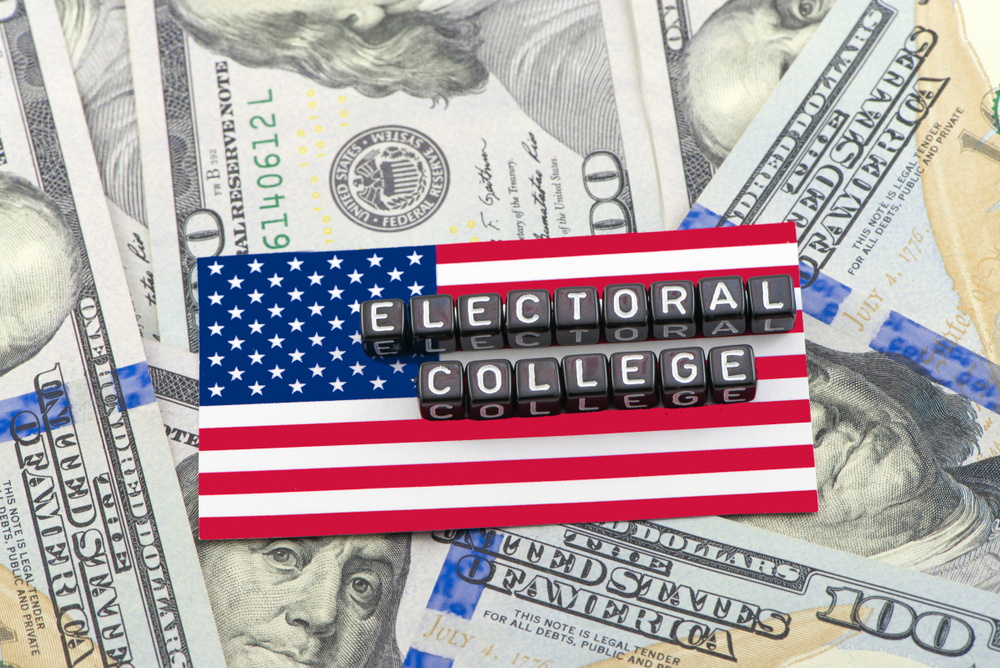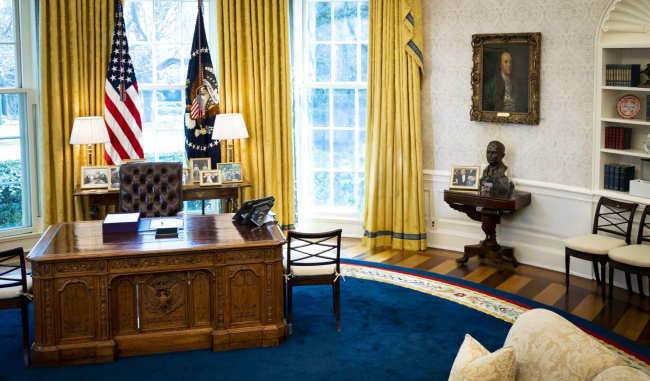L’inégalité du Collège électoral aux États-Unis : comment réparer la démocratie américaine ?

Since the start of the 21st century, the flaws of the Electoral College, which completes the election process of the president of the United States by indirect universal suffrage, are the target of stronger than ever criticism.

The structural problems of the US Electoral College - whether its lack of representativeness, the "winner-takes-all" rule, or the weight of swing states - undermine the proper functioning and the legitimacy of American democracy. The real-life consequences of these flaws are critical, and often unfavorable to Democrats, as illustrated by the recent nomination of Amy Coney Barrett. They will also dramatically weigh on the results of the November election.
This content is available in French : L'inégalité du Collège électoral aux Etats-Unis : comment réparer la démocratie américaine ?
Related centers and programs
Discover our other research centers and programsFind out more
Discover all our analysesDonald Trump v. the States: the Case of New York
While the disruptive policies of the second Trump administration are being implemented at the federal level and on the international stage, they are also being felt in the federal states and major cities across the country. In the spring of 2025, several cases involving the state and city of New York demonstrate that the president’s attacks on environmental protection, the separation of powers, freedom of speech, etc., are also being carried out at the local level.
How the US under Trump Became a Strategic and Ideological Adversary of Europe
The Europeans' worst security nightmare seems to be coming true: on Tuesday, February 18, 2025, U.S. Secretary of State Marco Rubio and Russian Foreign Minister Sergey Lavrov met in Saudi Arabia to initiate the normalization of relations between their two countries. The meeting also aimed to set up peace negotiations for Ukraine. However, despite having the potential to affect the entire continent, the discussions took place without the Europeans or the Ukrainians being present.
Will Trumpian Authoritarianism Lead to a Constitutional Crisis?
Since his return to the White House on January 20, 2025, President Donald Trump has signed around sixty executive orders to implement his political agenda. Numerous other measures have also been introduced by the White House and the new Department of Government Efficiency (DOGE) as part of these orders.
Trump’s Second Term: Laying the Groundwork for a New Trade War
In a statement released on February 1, 2025, President Trump announced the implementation of a 10% tariff on Chinese goods and a 25% tariff on imports from Canada and Mexico. While the former took effect via executive order on February 4, the latter were granted a 30-day reprieve. Sanctions targeting European Union (EU) products are said to be imminent.









